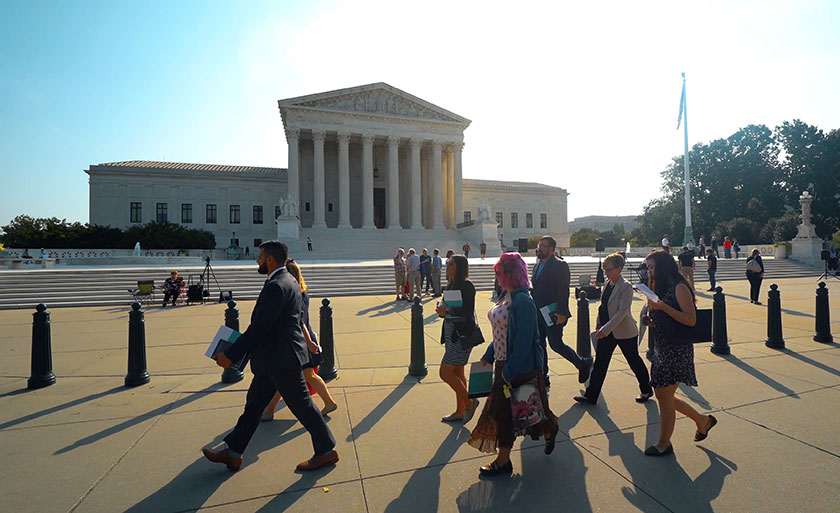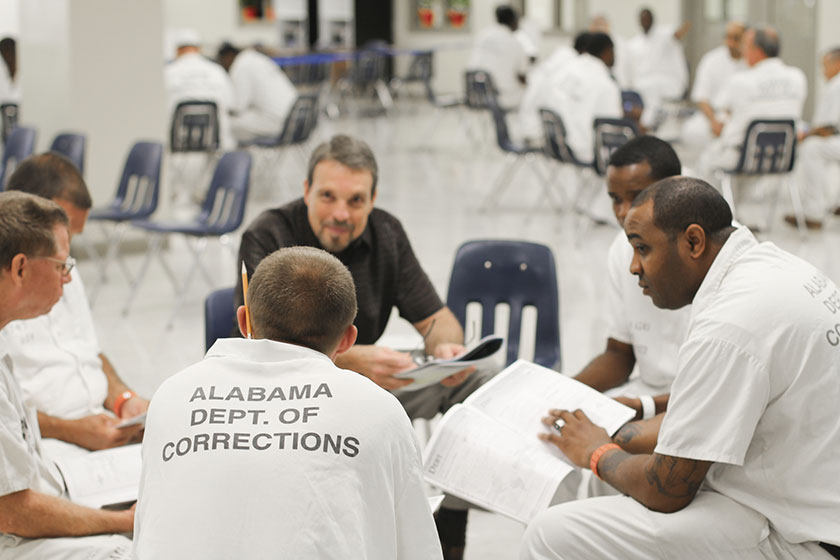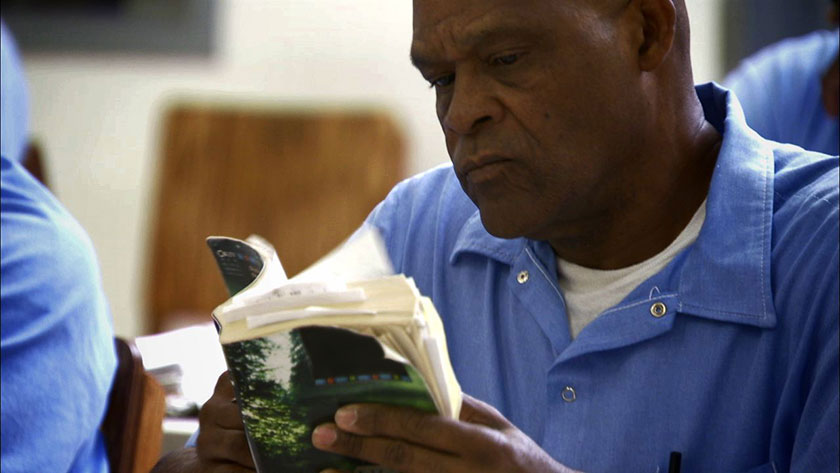
Through a Second Chance Pell Grant pilot, Carai is overcoming his past and mapping a bright new future.

Through a Second Chance Pell Grant pilot, Carai is overcoming his past and mapping a bright new future.

Are you interested in advocacy or on the fence about getting involved in justice reform? See what happened when a husband and wife experienced their first Congressional meetings to lobby for change.

Access to Pell Grants can’t change a prisoner’s release date, but it can dramatically change the outcomes for the person and for society. By restoring investment in education behind bars through Pell Grants, we can tap into the God-given potential of people who, despite their choices in the past, can make significant contributions to their families, communities, and future employers.

Should prisoners be eligible for federal Pell grants?

Guest blogger Bethany McIlrath shares how teachers can influence at-risk children of the incarcerated for the better.

There is a transformative power in good literature. A book can transport us to faraway places and introduce us to characters from different times and eras. It can rouse the emotions, challenge perceptions, and engage the mind in ways that few things can.

There is little debate remaining that the United States has a significant problem with the recidivism of former prisoners. Department of Justice statistics show that one-third of released prisoners are rearrested in their first year outside prison walls. Within three years, that number jumps to 50 percent, and then to 75 percent over five years.

Although the number of children in detention centers has dramatically decreased over the past 15 years, there are still an estimated 55,000 juveniles behind bars. Regardless of whether they have committed a crime, they have the right to an education that must be provided for while in the detention center.
Daniel Geiter spent much of his young adult years in and out of correctional facilities in and around Chicago. Between his adolescent years and the age of 25, Geiter estimates that he was incarcerated in excess of 20 times.
It was during one of these prison stays that Geiter concluded that things needed to change.
The following post originally appeared aired as a BreakPoint commentary on March 17.
During a recent visit to Swarthmore College, political scientist Robert Putnam of Harvard asked everyone in the room whose parents had graduated from college to raise their hands.
To help volunteers understand more about the prison environment, we’ve prepared a list of Frequently Asked Questions (FAQs) about prison.
Restoration Partners give monthly to bring life-changing prison ministry programs to incarcerated men and women across the country.
JOIN NOW